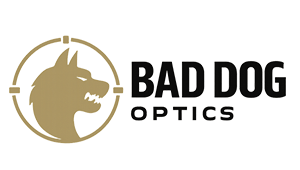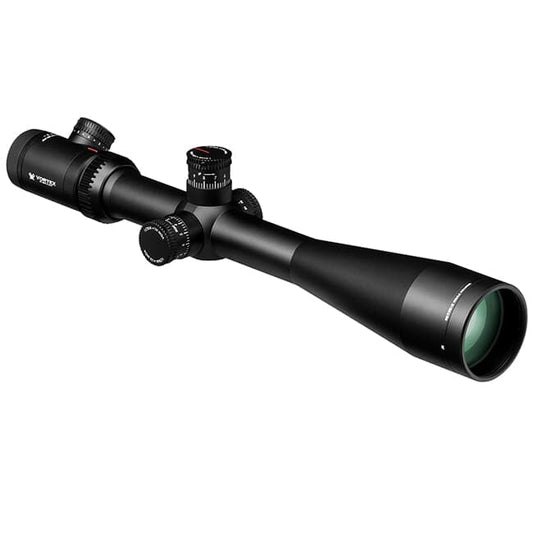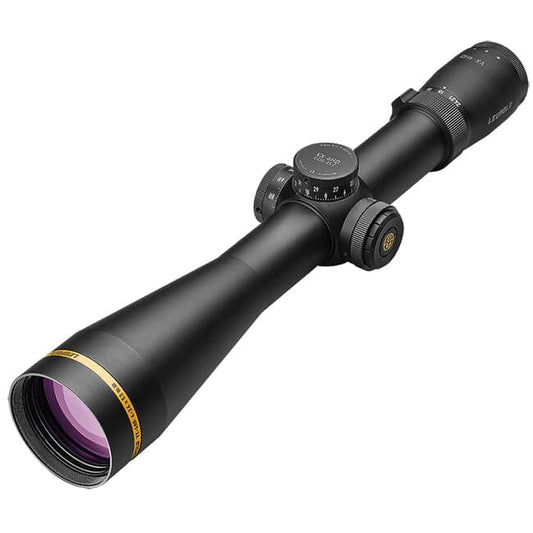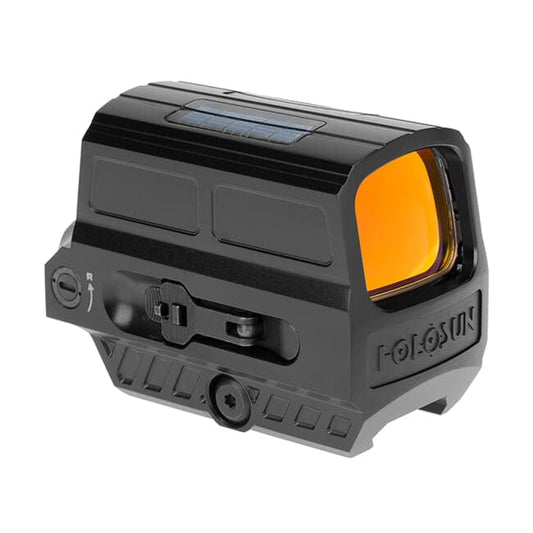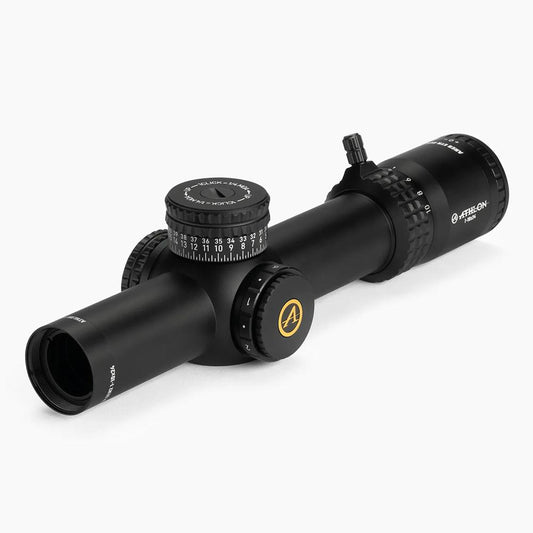

Athlon Ares ETR Gen 2 UHD Rifle Scope 1-10x24 34mm FFP ATMR2 MOA Illuminated Black offers versatility for both close-quarters and mid-range shooting. With the illuminated first focal plane reticle, transitioning from 1x to 10x magnification is seamless, allowing for quick target acquisition. The daylight-bright center horseshoe enhances visibility, ensuring you stay on target even in bright conditions.
BDC hashes provide precise holdovers at 100-yard increments ranging from 300 to 700 yards, making it easier to adapt to various shooting scenarios. The integrated ranging tree simplifies distance estimation, which is crucial for accurate long-range shots. Designed primarily for .223 Rem/5.56mm NATO rounds, this scope also accommodates diverse bullet weights and calibers, making it a solid choice for shooters at any level.
Features:
- ILLUMINATED RETICLE for fast target acquisition even in bright sunlight.
- FIRST FOCAL PLANE allows for accurate holdovers at any magnification.
- DAYLIGHT-BRIGHT CENTER ensures visibility in varying lighting conditions.
- BDC HASH MARKS for precise distance shooting from 300 to 700 yards.
- RANGE ESTIMATION TREE aids in quick target assessment on 36” silhouettes.
- MULTI-COATED LENSES enhance light transmission for clear images.
- ROBUST CONSTRUCTION designed to withstand harsh conditions, ensuring durability.
- WATERPROOF AND FOG-PROOF performance, keeping your scope operational in all weather.
Technical Specifications Table
| Magnification | 1-10x |
| Lens Diameter | 24mm |
| Weight | 27.6 oz |
| Tube Diameter | 34mm |
| Reticle Type | ATMR2 MOA Illum. |
What’s in the Box?
- Lens covers
- Instruction manual
- Padded scope case
Customer Reviews
“The clarity and precision this scope offers are unbeatable! It made my mid-range shots so much easier.”
“I love how fast I can get on target with the illuminated reticle. Perfect for my needs!”
FAQ
1. How does the Athlon Ares ETR Gen 2 compare to other rifle scopes? This scope stands out with its illuminated first focal plane reticle, enhancing target acquisition and accuracy over varied distances compared to many traditional scopes.
2. What type of maintenance is required? Regular cleaning of the lenses and checking the scope mounts for tightness is advisable to maintain performance. Ensure to keep it stored in a dry place to prevent moisture damage.
3. Is this scope suitable for beginner shooters? Yes, its user-friendly design, including fast target acquisition and clear reticle, makes it a great choice for both beginners and experienced shooters.
4. Can this scope withstand harsh weather conditions? The Ares ETR Gen 2 is both waterproof and fog-proof, ensuring it performs well in a variety of weather conditions.
5. How does the illuminated reticle perform in low-light situations? The daylight-bright illuminated reticle ensures visibility in low-light conditions, allowing for effective shooting during dawn or dusk.
Similar Models
Looking for a scope that suits your shooting style? Check out the Athlon lineup, including the Ares BTR Gen 2 for high-performance long-range shooting or the Ares ETR for elite tactical applications. Explore our complete collection for exceptional optics tailored to meet your needs.
You May Also Like
Here’s some of our most similar products people are buying. Click to discover trending style.
